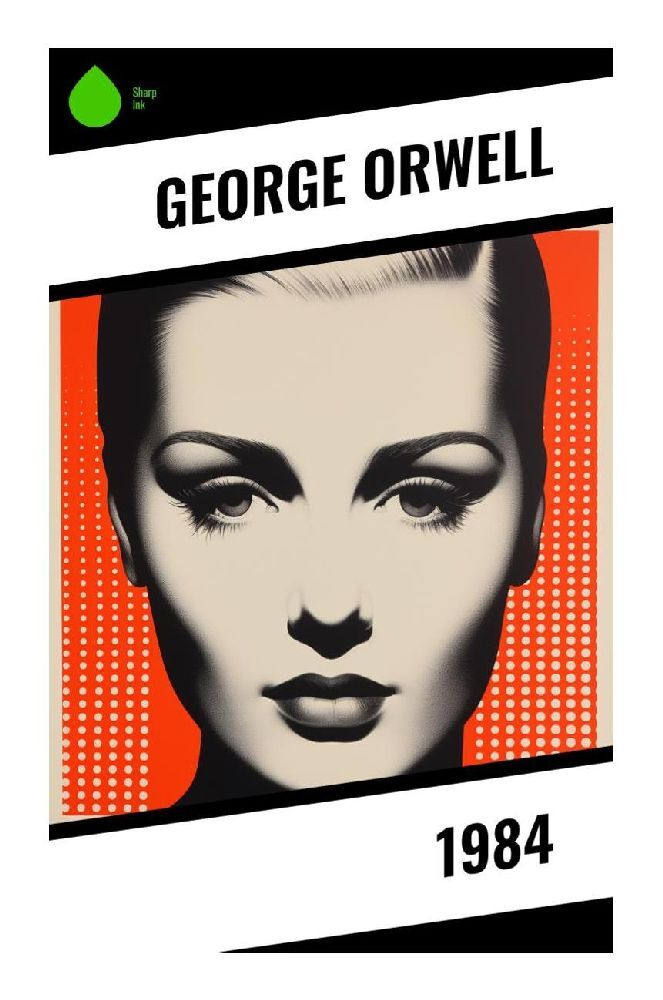
Zustellung: Do, 02.01. - Sa, 04.01.25
Versand in 4 Tagen
VersandkostenfreiBestellen & in Filiale abholen:
George Orwell's "1984" is a masterful exploration of totalitarianism and the chilling consequences of a society stripped of individuality and privacy. Set in a dystopian future, the novel weaves a narrative rich in dark symbolism and unsettling realism. Through the grim setting of Airstrip One, Orwell employs a stark, unembellished prose style that evokes both despair and urgency, effectively immersing readers in the oppressive world governed by Big Brother. His portrayal of Newspeak, doublethink, and the omnipresent surveillance apparatus has profoundly influenced contemporary discussions around freedom, communication, and control. George Orwell, born Eric Arthur Blair, was deeply influenced by his experiences in the Spanish Civil War and his critique of authoritarianism, which spurred his desire to expose the dangers of oppressive regimes. His political consciousness, shaped by his impassioned belief in democratic socialism and his disdain for totalitarianism, culminated in this seminal work, which serves as his warning against the dehumanizing tendencies of unchecked political power. Orwell's keen observations about society's susceptibility to manipulation make "1984" a prescient commentary on both his time and ours. For readers grappling with themes of autonomy and the moral implications of surveillance, "1984" is an essential text that remains eerily relevant today. It compels us to confront uncomfortable truths about our own governance and the subtleties of societal control, making it a critical addition to the canon of political literature. Delve into Orwell's haunting vision and discover the profound implications of his dystopian world.
Produktdetails
Sprache
englisch
Seitenanzahl
164
Autor/Autorin
George Orwell
Verlag/Hersteller
Produktart
kartoniert
Gewicht
228 g
Größe (L/B/H)
229/152/9 mm
ISBN
9788028357375
Bewertungen
0 Bewertungen
Es wurden noch keine Bewertungen abgegeben. Schreiben Sie die erste Bewertung zu "1984" und helfen Sie damit anderen bei der Kaufentscheidung.









